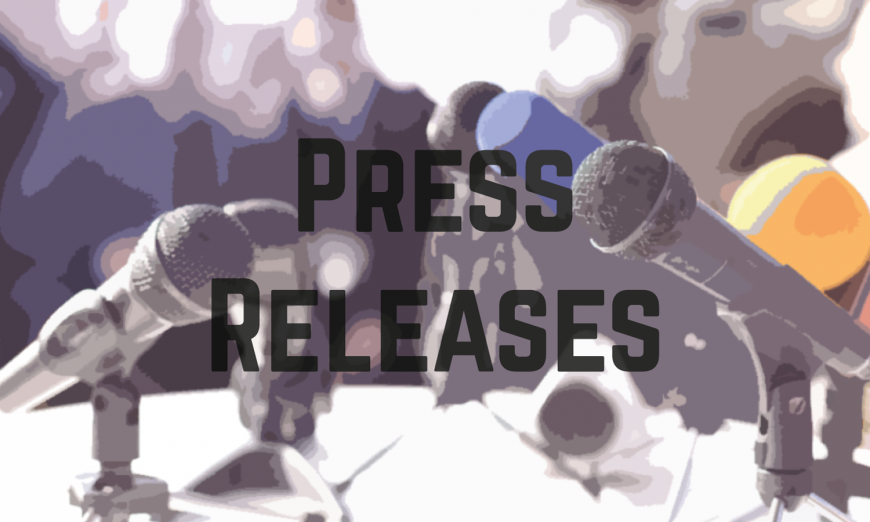Looking at the poorest end of society, the figures become particularly stark and reveal the extent of the discrimination that needs to be overcome if persons with disabilities are to become empowered and productive members of society: around 20 percent of the world’s poorest people have some kind of disability, and one third of the 75 million children who are not receiving primary education have a disability. According to UNESCO, over 90 percent of children with disabilities in developing countries do not attend school.
These statistics shock our conscience.
They are also largely invisible when countries report on their efforts to achieve the Millennium Development Goals (MDGs) which states agreed to set themselves in September 2000.
As the figures cited above illustrate, the efforts – or lack of efforts – made on behalf of persons with disabilities will inevitably have a major impact on states’ progress towards achieving the MDGs, yet few states appear to be taking this into account.
Disability is not specifically mentioned in any of the eight MDGs, in the 18 targets set out to achieve these goals, nor the 48 indicators for monitoring their progress. Yet, as the former President of the World Bank James Wolfensohn pointed out, unless persons with disabilities are brought into the development mainstream, it will be impossible to cut poverty in half by 2015 or to give every girl and boy the chance to achieve a primary education.
It would however be wrong to suggest there has been no progress on the international front.
Since the entry into force of the Convention on the Rights of Persons with Disabilities in May 2008, 75 states have ratified it, and dozens of others have signed it — thereby signaling their intention to ratify it somewhere down the line. This is one of the fastest treaty ratification processes in UN history.
The Convention fills a major gap in international human rights law. Its 50 articles cover, among other things, the rights to education, health, work, adequate living conditions, freedom of movement, freedom from exploitation and equal recognition before the law. The Convention also promotes accessibility of buildings, transportation and the internet as well as the full participation of persons with disabilities in society. An optional protocol to the Convention allows persons with disabilities to petition a new UN Committee when their rights have been violated. The Committee on the Rights of Persons with Disabilities began its work in February of this year.
If the terms of the Convention are rapidly reflected in national laws and policies, the ability of persons with disabilities to act on their own behalf to lift themselves and their families out of poverty and marginalization can and should be greatly enhanced.
I therefore urge states to re-examine their approach to human rights and development issues affecting persons with disabilities, and to make ratification and implementation of this important new Convention a priority. In terms of alleviating poverty, it is entirely in their interests to do so – not to mention the interests of the hundreds of millions of individuals with disabilities and family members who are currently suffering from rampant discrimination, deprivation and neglect.
http://www.ohchr.org/EN/NewsEvents/Pages/Media.aspx

